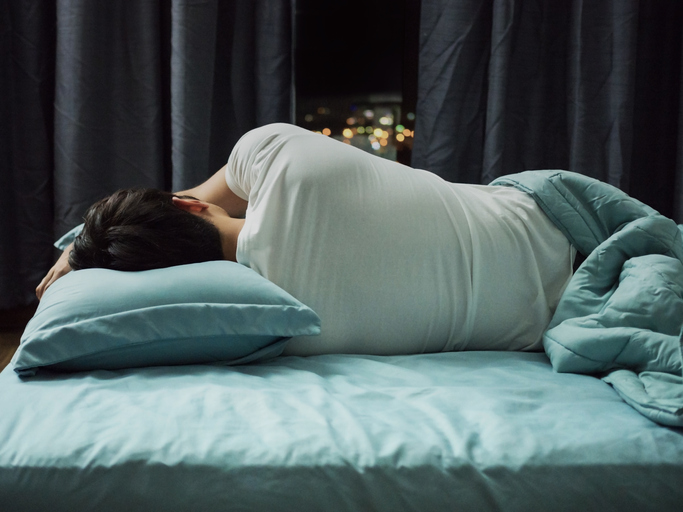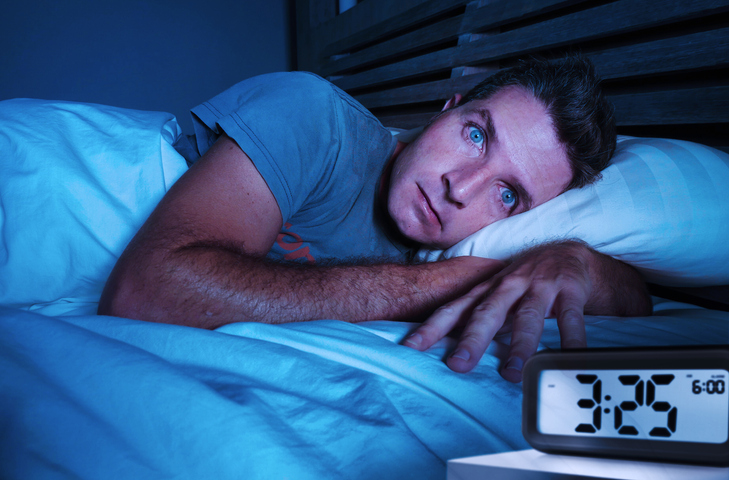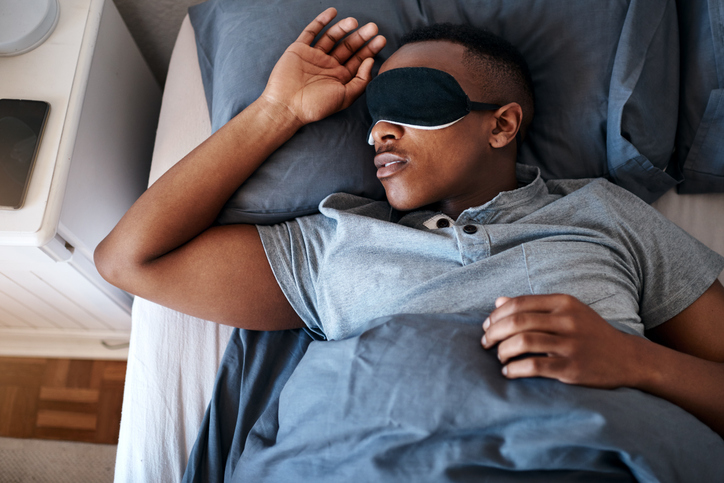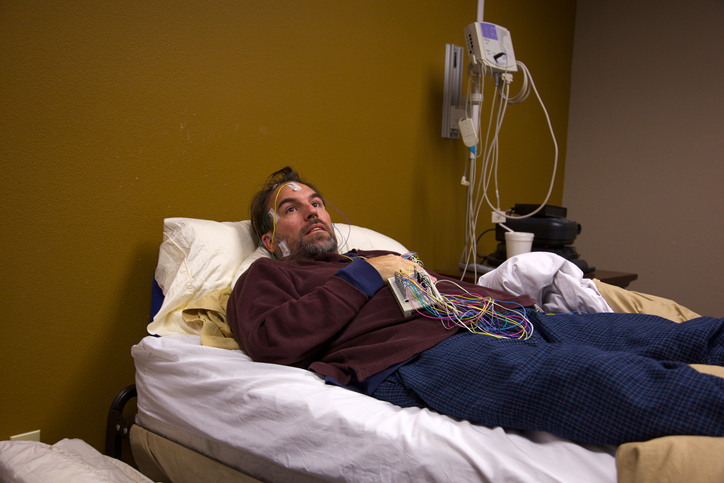Living with Chronic Pain
Lifestyle Changes for Better Sleep

The National Sleep Foundation reported that chronic pain interferes with the sleep of one in five Americans several nights per week. This leaves sufferers of back pain even more fatigued, which can increase sensitivity to pain. Luckily, there are many different approaches that you can take to improve your sleeping habits for the long-term.
Know the cause of your insomnia
Of course, your chronic pain may increase the difficulty of falling asleep, but there may also be components of your bedtime routine that can be improved. By understanding what may trigger your insomnia (e.g. stress, mental distractions), you can develop a better plan for how to mitigate your restlessness.
Eliminate bedroom distractions
It is critical to eliminate distractions in the bedroom. This means using the bed and bedroom for sleep and sex only. By introducing electronics, reading, watching TV, or other hobbies into the bedroom, you may trick your brain into thinking that the bedroom is not a place for restful sleep.
Go to bed when tired
Go to bed only when you are tired. As you begin to regulate your sleeping schedule, this will occur around the same time every night. Once you are in the bedroom, turn off the lights in a timely manner. Many people also find that it helps to sleep with a fan on – white noise – to help dampen out any other noises. If you find that you are unable to sleep after 20 minutes of settling into bed, it is recommended to get up and go into another room. Once you feel sleepy again, return to bed and try again.
Avoid regular naps
By avoiding naps throughout the day and maintaining a regular wake time (on weekdays and weekends), you will help set your body’s natural clock and eventually find it easier to fall asleep.


















